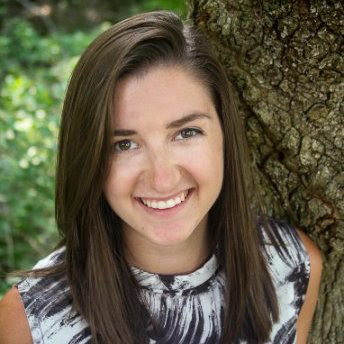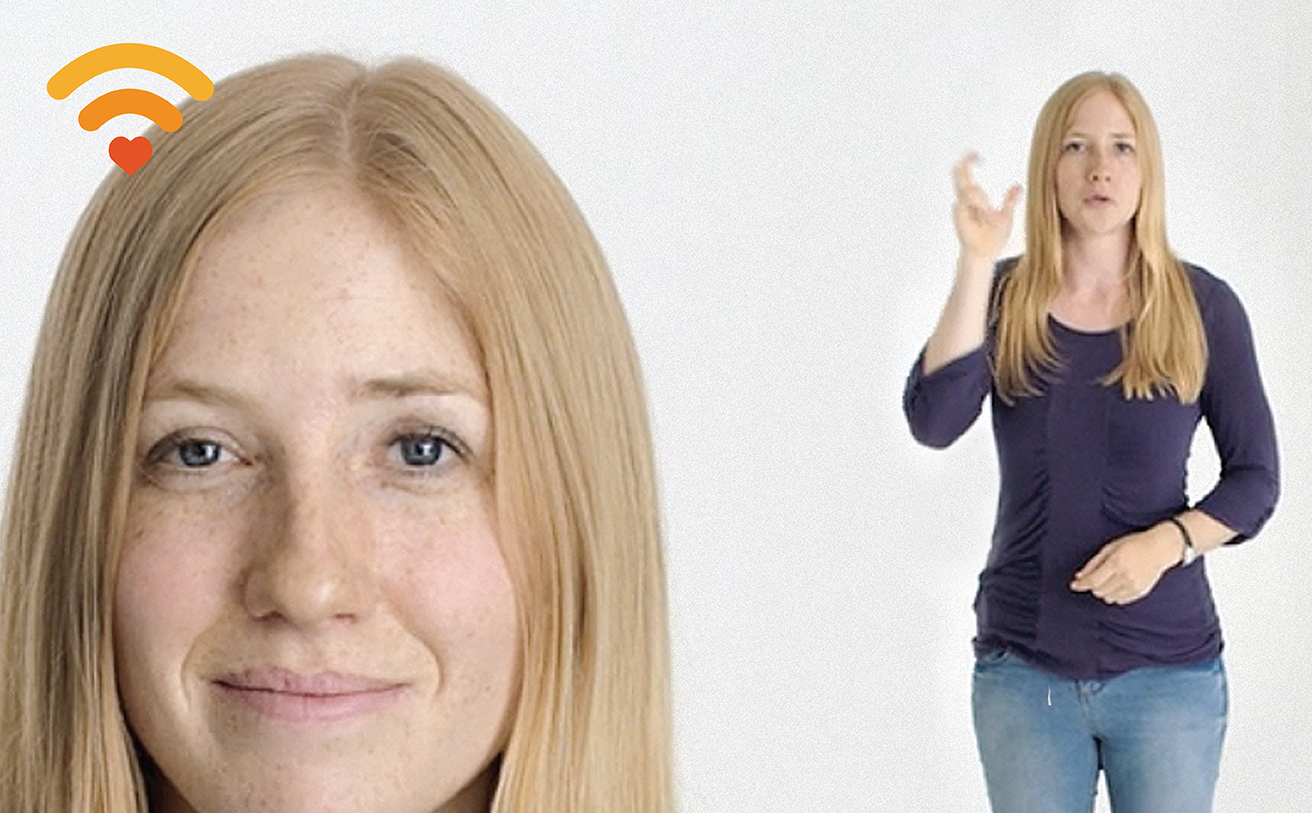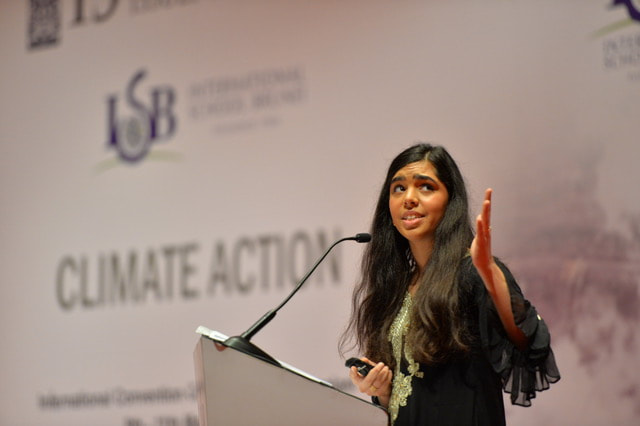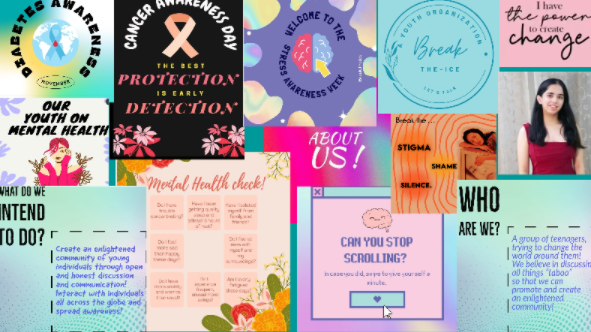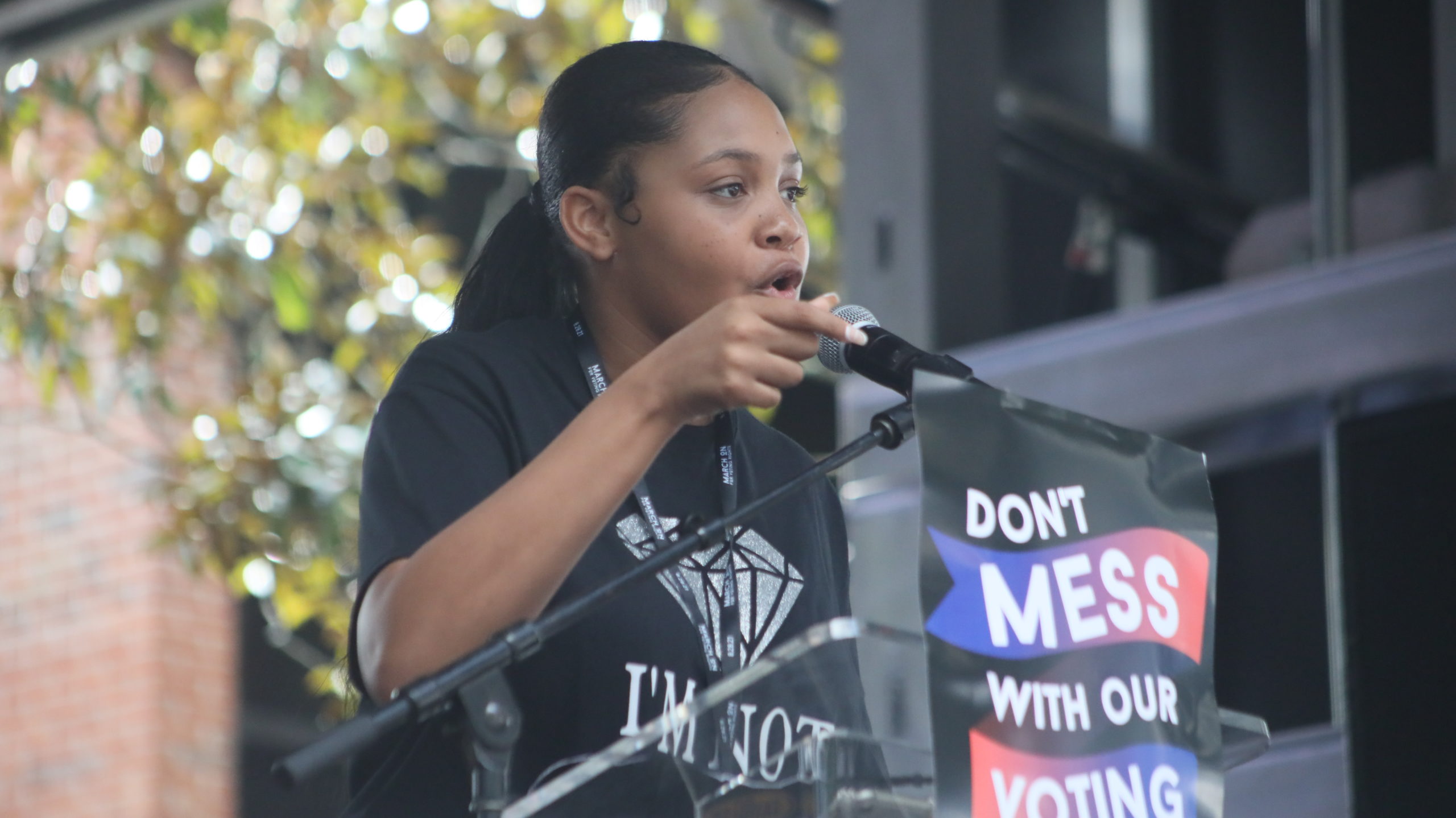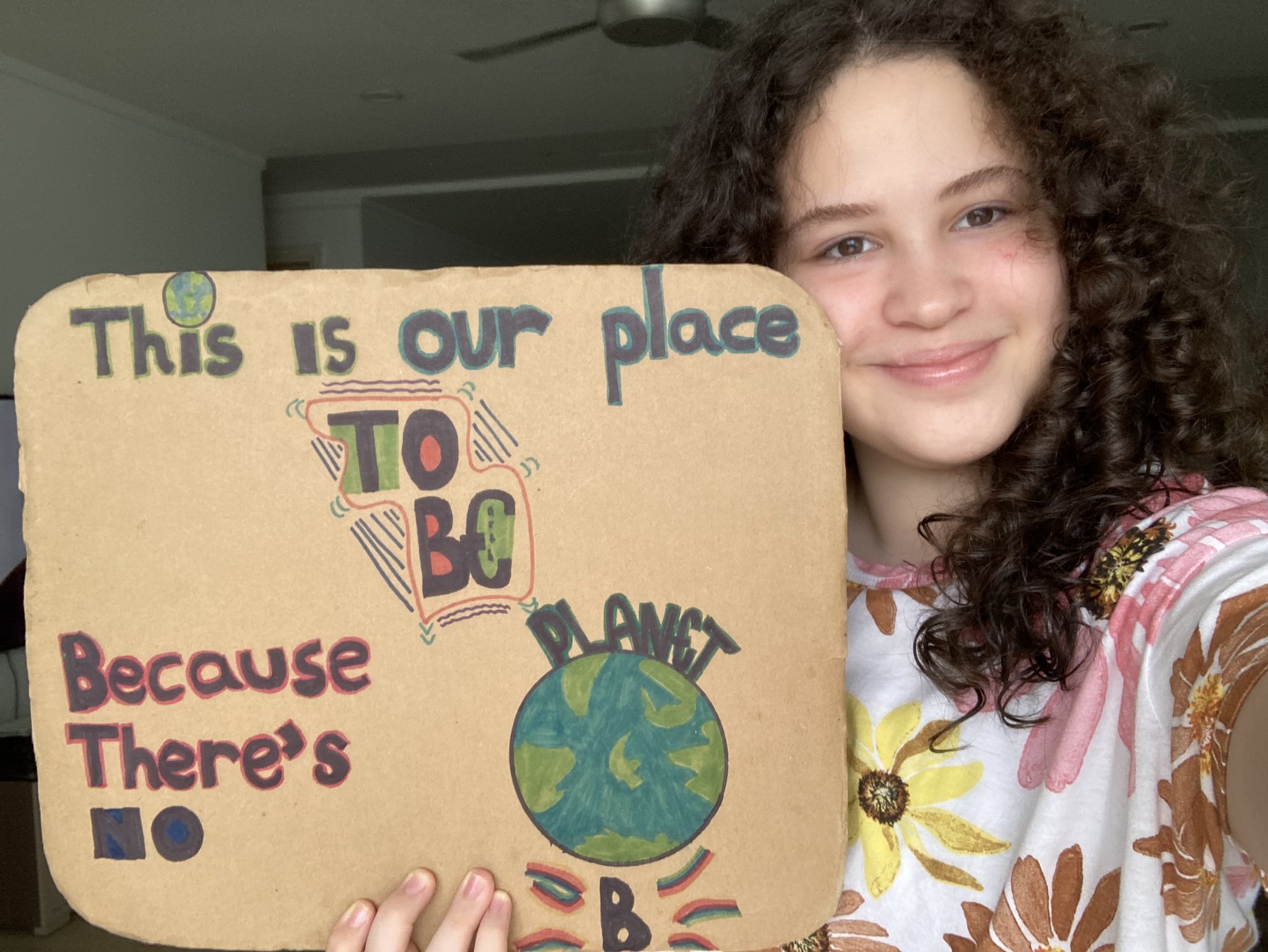If there is one universal truth in this world it’s this: Periods suck. But for homeless women across the country, a monthly cycle is more than a nuisance.
Miranda Lang, a 22-year-old American Studies and Anthropology major at American University, came face with this reality when she started volunteering at a homeless shelter in Washington, DC. Thrive DC, she says, is unique because they offer laundry and shower services to their clients for free, which not many shelters do. They also distribute donations of small toiletries like hotel shampoo and conditioner, toothbrushes, toothpaste and soap. She noticed one item missing from that list.
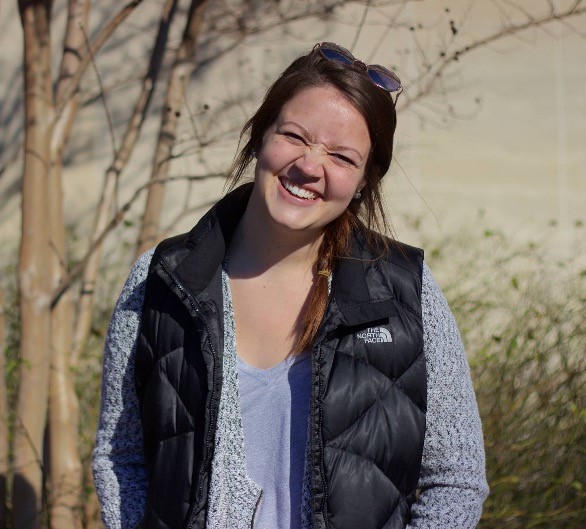
“I didn’t see any menstrual hygiene products,” she said. “Fifty percent of the world’s population are women, and the majority of us are menstruating. How are we not thinking about this?”
The problem, Lang says, is that people often forget about these types of products when they donate to a shelter. If they do remember, their high cost often inhibits them from making that choice.
Journalists at Jezebel have calculated that at $6.79 per box of tampons at nine boxes a year, plus $7.99 per package of maxi pads at seven packages a year, women spend roughly $4,821.60 per year on sanitary products alone. Adding in the costs of relieving side effects like PMS and cramps, buying new underwear and maintaining regular doctors appointments can increase that number to more than $18,000. Many women don’t have the kind of money they need to keep up with their body’s demands.
When Lang’s Public Health and American Studies professor gave her the option to do a project for her final exam, she saw an opportunity to make a difference.
“I wanted to do something fun and engaging, but also impactful,” she said. “I had no idea how quickly it would take off.”
Lang created a Go Fund Me page with the intention of collecting 250 to 300 sanitary products and some extra money to buy more, assuming she wouldn’t receive the number of products to reach her goal. Within 48 hours, she raised more than $1,000 and her page had been shared dozens of times on various social media platforms. Within a month and a half, she had raised $3,000 and collected more than 3,000 sanitary products.
“My apartment was swarming with pads,” she remembers. “There were pads under the couch, behind the table, under the bed, stacked in the corner of the living room— just everywhere.”
The project not only earned Lang an A in the class, but raised awareness for the unique problems homeless women face every month. She has been featured on American University’s website, was honored as one of the 2016 Her Campus American University’s Women of the Year, was recognized as Citizen of the Month in her local newspaper, and has been quoted in various articles in newspapers and digital publications.
But her work doesn’t stop here. In between speaking engagements at women’s groups in her hometown and social media work for her mom’s company and dad’s political campaign, she has continued her work at Thrive DC with her social media work on their #GivingTuesday campaign.
“Working with Thrive DC fostered a love for using social media for a cause,” Lang said. “I love the idea of using communication to make an impact and insight change. It’s something I hope to continue as I move into my career after graduation.”




